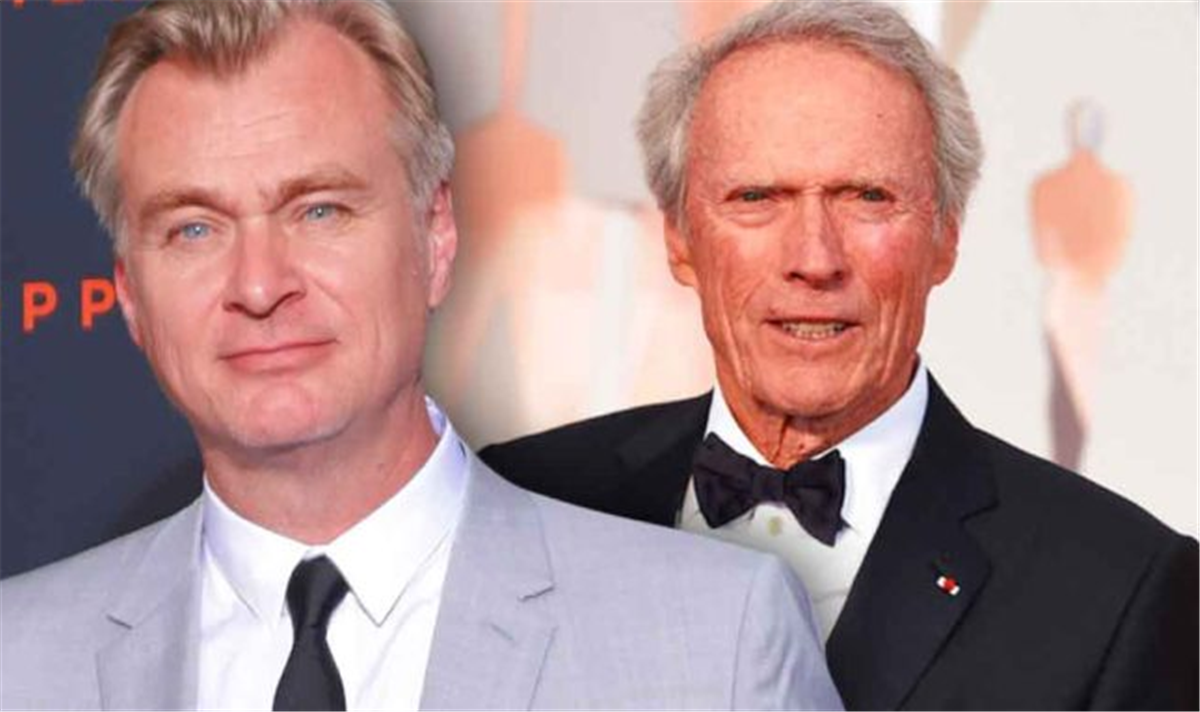Clint Eastwood, the iconic actor, and director, is known for his no-nonsense approach to filmmaking. Throughout his illustrious career, he has earned acclaim for his ability to capture raw emotions and authenticity in his work. An interesting facet of his philosophy on filmmaking revolves around the number of takes used during a shoot. Eastwood has expressed his belief that directors who excessively indulge in multiple takes might not fully grasp their craft.
By limiting the number of takes, Eastwood seeks to capture genuine and spontaneous performances from his actors, allowing them to tap into their emotions and instincts without overthinking their lines or actions. This approach often results in more realistic and impactful scenes, as the actors’ natural reactions shine through.
Contrasting Styles of Christopher Nolan and Clint Eastwood

Christopher Nolan is known for prioritizing complex narratives in his films. Nolan intricately weaves multiple storylines, often in a nonlinear manner, captivating audiences with intricate plot twists and unexpected turns. However, this approach also risks confusing or alienating audiences who struggle to follow Nolan’s intricate web of storytelling.
In contrast to Nolan, Clint Eastwood approaches filmmaking with a focus on simplicity and authenticity. He excels at creating relatable characters and eliciting genuine emotions in his audiences. Eastwood’s straightforward storytelling enables viewers to deeply connect with his films, fostering empathy and understanding.
“Some of these new directors will shoot 30 takes of a scene just because they don’t know what they want. They wind up with thousands of feet [of film], then they cry for some editor to come in and save their butts. If you can’t see It yourself, you shouldn’t be a director,” Eastwood once told The New York Times.
As Clint Eastwood matured as a filmmaker, he continued to uphold his belief in limited takes during filming. Esteemed actors like Matt Damon were pleasantly surprised by Eastwood’s efficiency behind the camera. In fact, during the making of Invictus, Damon even faced Eastwood’s disapproval for suggesting multiple takes, emphasizing the director’s preference for a more streamlined approach.
Leonardo DiCaprio’s Disappointment with Clint Eastwood

During the production of J. Edgar, directed by Clint Eastwood, Leonardo DiCaprio reportedly experienced some discomfort with Eastwood’s approach involving minimal takes and less rehearsal time. DiCaprio, well-known for his meticulous dedication to his roles, found Eastwood’s more spontaneous style challenging, as it clashed with his methodical process of preparation and exploration of characters.
However, despite any potential disagreements about the filmmaking approach, it is crucial to acknowledge that DiCaprio’s performance in J. Edgar received widespread acclaim from both critics and audiences. This outcome demonstrates how actors and directors can effectively collaborate, even when their approaches vary.
